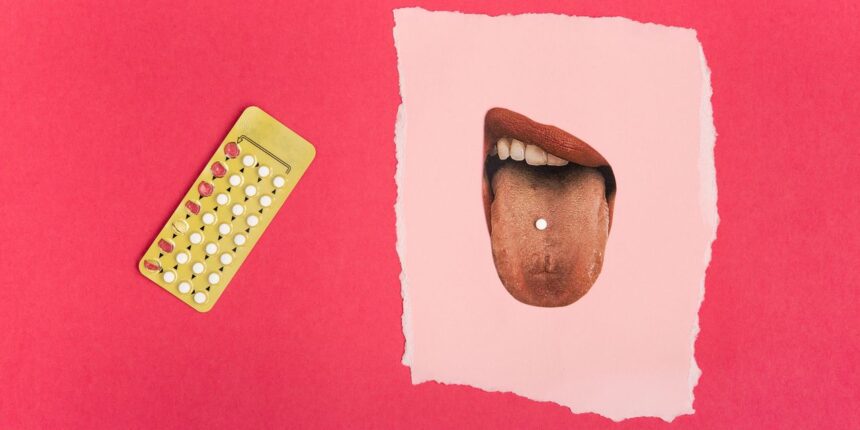Social media has long been rife with misinformation about birth control, much of it slamming hormonal contraceptives for health harms (like infertility or even abortion) that it does not cause or whipping up alarm around side effects that only apply for some users. But another subset of these posts, which is growing as of late, decries dangers of a different flavor, suggesting that hormonal birth control isn’t just bad for your health; it can change the type of person whom you’re attracted to, and ostensibly, for the worse. Take the pill, the posts say, and you’ll date someone less hot—specifically, a man lacking in testosterone—than if you let your hormones run their natural course, and you won’t even know you’re doing it.
Mainly promoted by male influencers who apparently have a bone to pick with birth-control-using women, this claim rests on several overtly problematic assumptions, say, that all women would be best off with hypermasculine men and that attraction hinges only on appearance. But like most myths that blow up on the internet, this one also has roots in a believable kernel: Hormones can play a role in sex and desire, so couldn’t messing around with them throw your love life for a loop? It’s easy to see how this line of thinking could become a slippery slope, leading to claims that the pill ruins your choice of partner.
The actual science, however, doesn’t support such a conclusion, even if you took for granted the broad generalizations about sexuality and attraction that underscore it. Below, board-certified ob-gyn Karen Tang, MD, founder of Thrive Gynecology in Bryn Mawr, Pennsylvania, and author of It’s Not Hysteria, unpacks the birth control-attraction myth and why its prevalence on social media isn’t just unhelpful to women but actively harmful.
What the science says about birth control affecting whom you’re attracted to
As Dr. Tang notes, the influencers touting this claim often reference a couple small studies, which have involved asking various women who do or don’t use hormonal birth control to look at images or videos of men, some of whom have more stereotypically masculine features (like a strong jawbone), and rate their desire. One found that starting on the pill seemed to decrease how attracted women were to macho-looking faces. Another found that stopping the pill made women relatively more likely than their birth-control-using peers to express desire for classically attractive men in brief videos. Dr. Tang clarifies, however, that none of this research was conducted by medical doctors or in a real-life setting; instead, it was done by psychologists exploring subjective measures in hypothetical scenarios.
The premise of these studies comes from a particular evolutionary theory of attraction—that women have evolved to prefer certain masculine features, like being super muscular, that come from high testosterone levels, particularly when they’re fertile (a.k.a. when a surge of estrogen triggers ovulation). Why? Having loads of testosterone is thought to signal genetic fitness in men, or essentially, reflect an optimal person for a woman to have a child with. So, researchers hypothesized that by taking away women’s fertile window, hormonal birth control might make them less heart-eyed over masculine, genetically “ideal” partners.
Read the full article here



